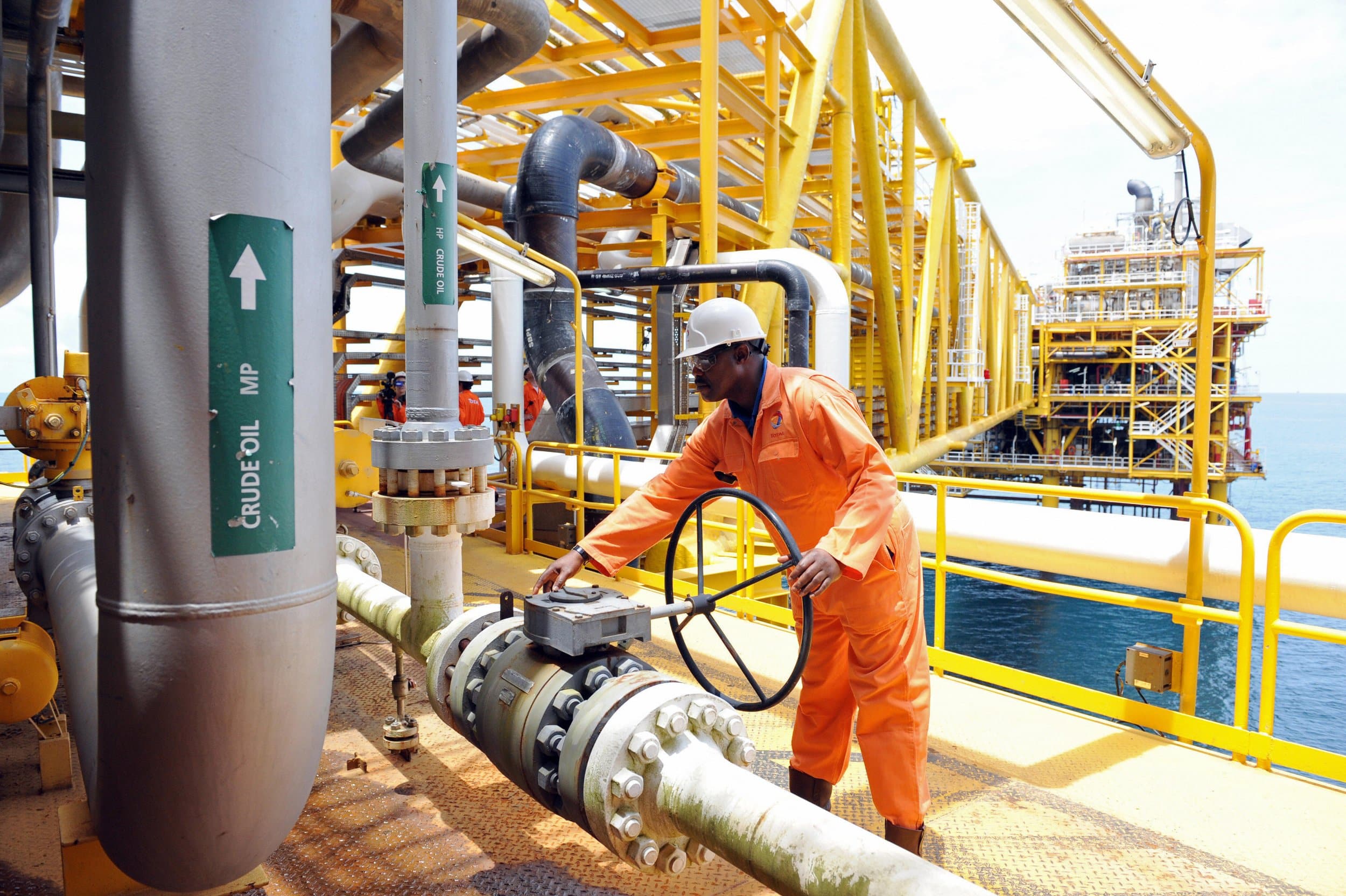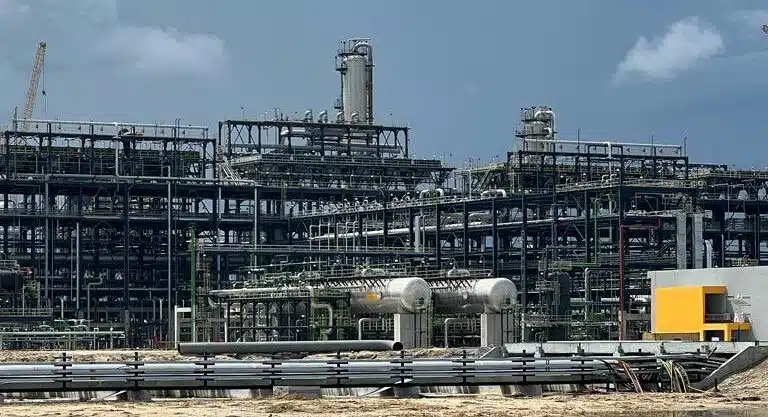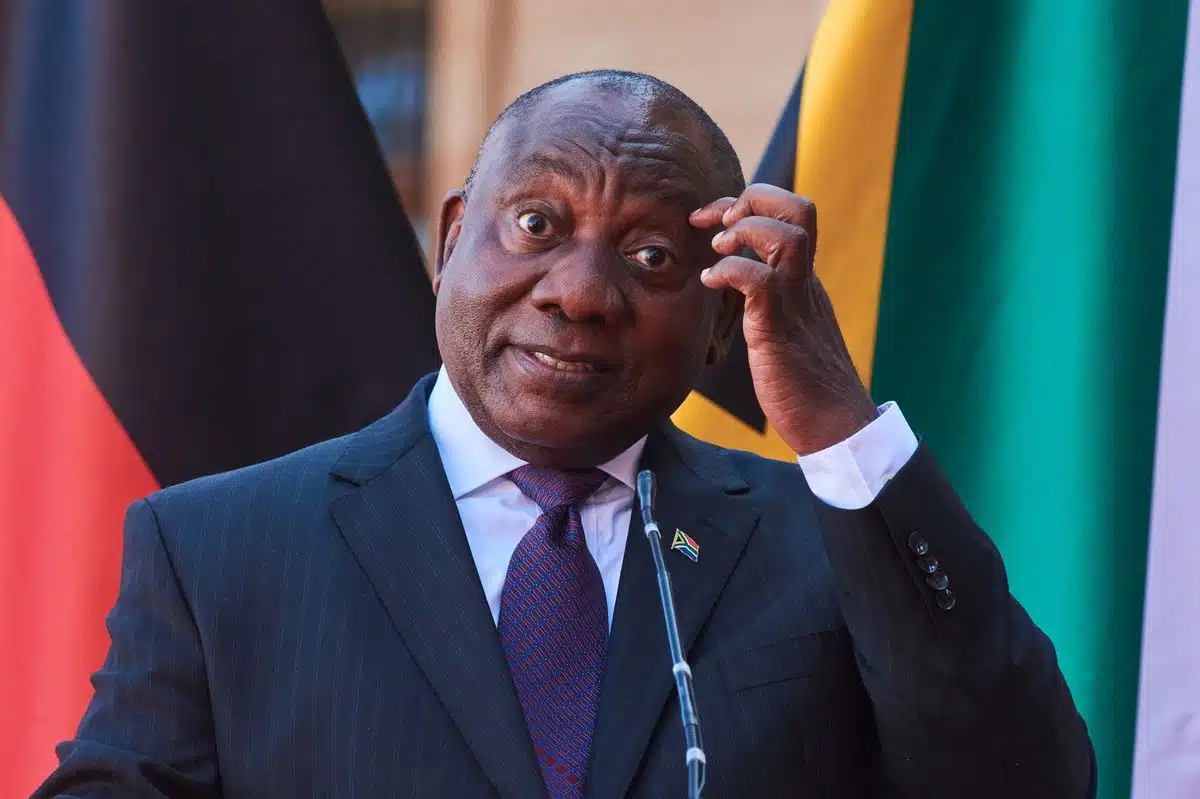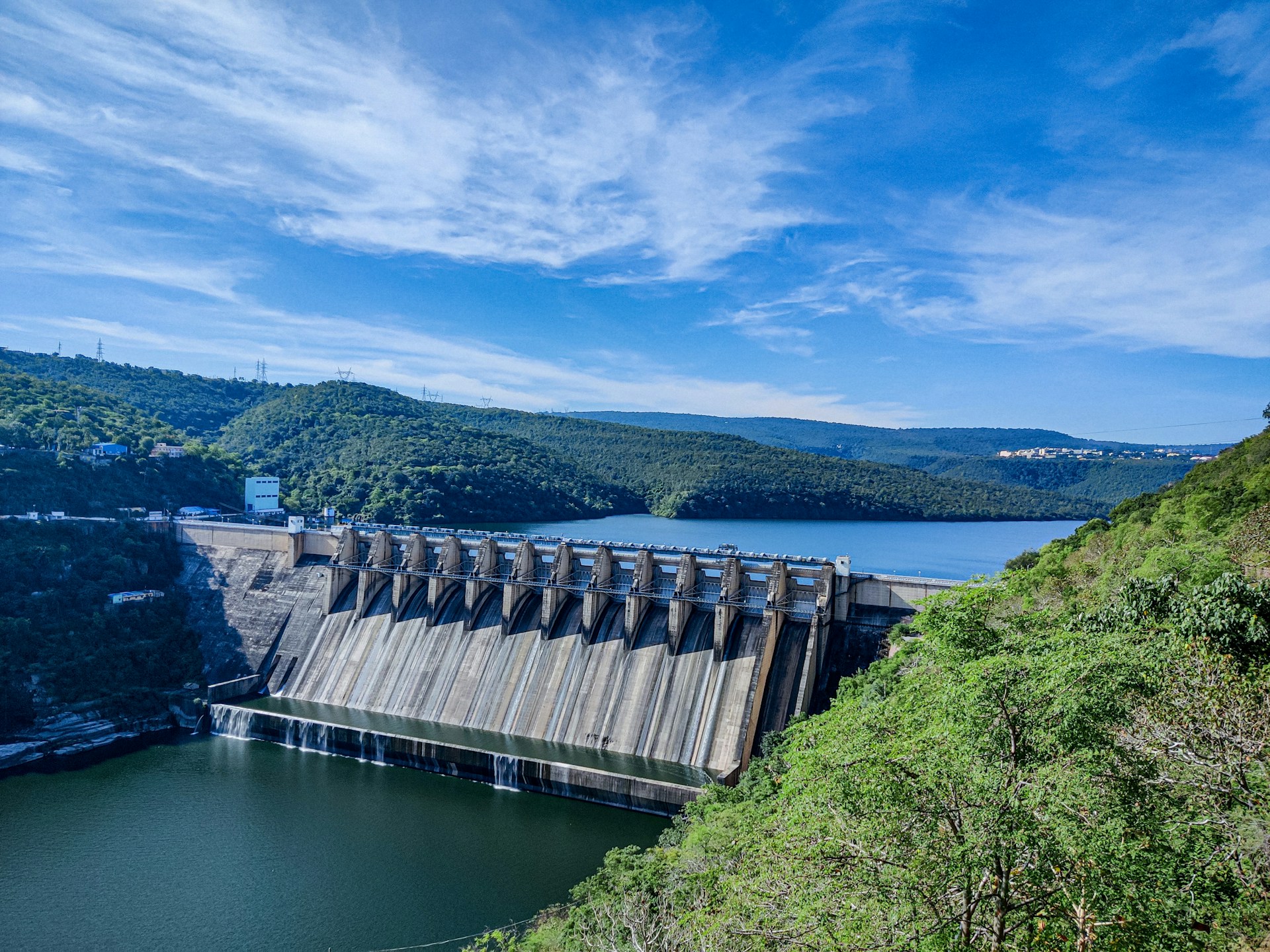One of Africa’s leading oil producer, Angola, has had its oil output fallen for the first time below one million barrels per day (BDP) since leaving the Organisation of Petroleum Exporting Countries (OPEC) two years ago.
Angola’s National Agency for Petroleum and Gas (ANPG) said on Friday that the country’s production dropped to 998,757 barrels per day in July, the lowest output since March 2023.
Angola exited OPEC in 2023 over dissatisfaction with the quota allocation set by the oil cartel.
At the time, the country’s production stood at about 1.1 million bpd, but the Southern African nation argued that OPEC was restricting its ability to pump more crude.
Like most of Africa’s oil-producing countries, Angola relies heavily on the oil sector, with about 90% of government revenue coming from crude production.
Revenue concerns for government
The fall in production comes as Angola struggles to meet revenue targets in its 2025 budget.
The budget is pegged at an oil price benchmark of $70 per barrel, but crude is trading below that level.
The shortfall raises concerns about government finances and has pushed Angola to weigh financial assistance from the International Monetary Fund (IMF).
ANPG reported that while the government is considering such support, no formal request has yet been made.
Oil is Angola’s main source of income, accounting for more than 90% of export revenues.
A sustained drop in output and prices could therefore create wider pressure on state spending and public projects.
Angola seeks new oil investment
Angola left OPEC in 2023 after 16 years of membership, citing frustration with production quotas.
Since then, authorities have been working to keep daily production above one million barrels.
In recent years, the government has invited foreign companies to invest in exploration and production.
Energy firms such as Chevron and Equinor have expanded operations, while TotalEnergies approved a $6 billion deep water project last year.
Despite these initiatives, production decline in mature oilfields remains a major concern.
Oil Minister Diamantino Pedro Azevedo stated in October that reducing the pace of decline was the government’s “biggest challenge”.
ANPG indicated that Angola had forecast 1.07 million barrels per day for July, higher than the actual figure reported.
The agency also disclosed that the country plans to cut exports to 994,000 barrels per day in October, down from 1.09 million in September, based on a preliminary schedule.
These planned export cuts come at a time when the government is seeking to stabilise the sector and restore confidence among international partners.
The decline below the million barrel mark underscores the difficulty Angola faces in balancing production, revenue expectations, and investment needs.
With oil as its economic lifeline, the country’s next steps on financial support and energy reforms will be critical in shaping its path forward.









